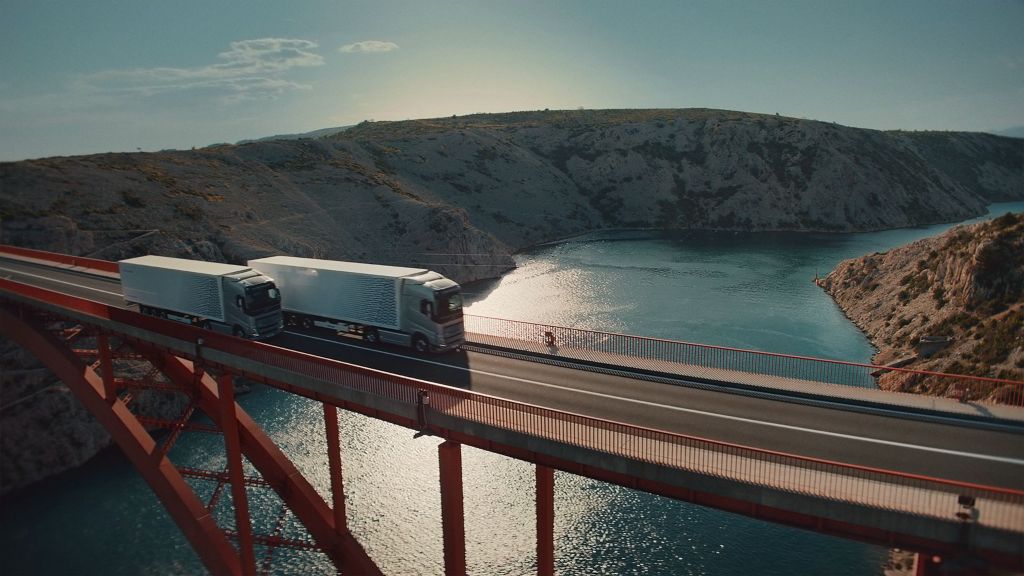A zero-emission transport sector? It is so near yet so far away


We tried, but we couldn’t. There simply were not enough truck-ready electric charging stations to power our emissions-free long-distance truck all the way from Sweden to Glasgow.
It hasn’t stopped us. We are already manufacturing our new lines of electric trucks, and later this year we will start to gradually replace traditional steel in our electric trucks with green, fossil-free steel.
After all, there’s no choice. Just a few months ago, the climate scientists convened by the United Nations had to issue yet another dramatic warning: we have to act now or will soon face a world that’s rapidly becoming “unliveable”. For Europe’s economy, this means we have to urgently transform carbon-intensive sectors like transportation. As more than three quarters of the freight within the continent is moved by road, we have to engineer a comprehensive and early switch to Zero Emission Vehicles that are powered by carbon-free electric, hydrogen and other alternative powertrains.
But that leaves us with the main problem of e-Mobility: you can’t have emissions-free vehicles without the infrastructure that supports them.
From a vehicle manufacturer’s point of view we have solved most of the technology challenges. We at Volvo Group are committed that by 2030 at least 35 percent of the vehicles we sell will be emissions free. This, however, also means that we must redouble our efforts supporting the roll-out of new charging infrastructures that can support emissions-free commercial vehicles.
I see eight pathways that we need to pursue to overcome this challenge:
Now is the time to decide how we will pursue each of these pathways. Investment decisions on both infrastructure and heavy-duty vehicles tend to have time horizons of 10, 15 years or more. Any delay now will set back our fight against climate change by many years.
Governments and industry have to agree clear net-zero roadmaps for transport that go to 2025, 2030 and beyond. Only if we solve this issue of e-Mobility will our industry be able to make its much-needed contribution to the safeguarding of our planet.